Terrorists strike Aleppo and Idlib in broader geopolitical struggles
- Update Time : Tuesday, December 3, 2024
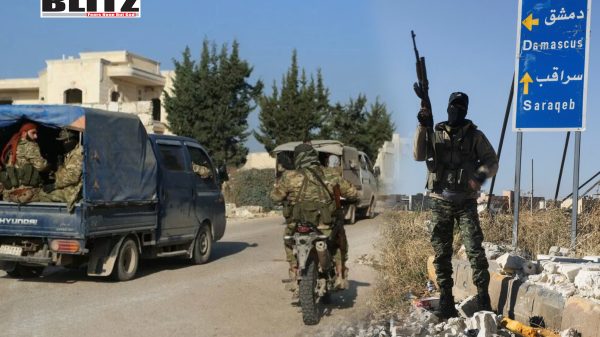
The past few days have seen intensified attacks by foreign-backed militants in Syria’s northwest, focusing on Aleppo and Idlib. This escalation, marked by targeted strikes on both military and civilian sites, has drawn attention not only for its immediate human toll but also for its broader implications. The attacks highlight a renewed effort to destabilize Syria, disrupt its alliances, and perhaps even revive the failed 2011 so-called “revolution.”
On November 27, Hayat Tahrir al-Sham (HTS), an al-Qaeda offshoot, joined forces with factions of the Turkish-backed Syrian National Army in a coordinated offensive. Dubbed “Operation Deterrence of Aggression,” the campaign targeted rural areas of Aleppo and Idlib, with militants using advanced weaponry, including Ukrainian drones reportedly acquired through Kyiv’s intelligence services. Convoys of fighters and equipment entered Syria through the Bab al-Salam border crossing with Türkiye, reinforcing the terrorists’ ranks.
The violence quickly spilled into civilian areas, with Aleppo University dormitories and western districts of the city coming under intense shelling. By November 29, four university students had been killed and dozens injured, while the Syrian Arab Army (SAA) mounted counterattacks to retake breached positions. Supported by Russian airstrikes, the SAA reported inflicting heavy losses on the militants, destroying vehicles, drones, and ammunition depots.
Despite reports of terrorist gains, including claims of taking key districts in Aleppo, these assertions remain unverified. Videos circulated by terrorist-aligned media appear to serve as psychological operations aimed at spreading fear and undermining public morale. The Syrian Army’s General Command has urged citizens to disregard unverified claims and rely on official sources for information.
The attacks in Aleppo and Idlib appear to serve multiple geopolitical and tactical objectives. First, they come on the heels of a fragile ceasefire between Hezbollah and Israel, a truce that Israel has repeatedly violated. Analysts suggest that Türkiye, the United States, and Israel may be supporting these operations to weaken the “Axis of Resistance,” an alliance comprising Syria, Iran, Hezbollah, and other regional actors opposed to Israeli and Western policies.
For Türkiye, the escalation could be a maneuver to pressure Syrian President Bashar al-Assad into resuming normalization talks. Assad has firmly rejected dialogue with Ankara while Turkish forces continue to occupy parts of northern Syria. By destabilizing regions under Damascus’s control, Ankara may hope to coerce concessions, particularly regarding Turkish troop withdrawals and Kurdish influence in Syria.
Another plausible motive is the disruption of supply lines to Hezbollah, a key player in the Axis of Resistance. British journalist Vanessa Beeley has noted that this escalation aligns with Israeli efforts to cut off material and humanitarian aid flowing from Iran through Iraq and Syria to Lebanon. Destroying this “land bridge” could weaken Hezbollah during the ceasefire, preventing it from regrouping and resupplying.
The attacks are accompanied by renewed calls on social media for Assad’s removal, echoing the propaganda of 2011. Back then, a carefully crafted Western narrative painted the Syrian conflict as a grassroots revolution, concealing its role as a foreign-backed attempt to overthrow Assad. These calls ignore the widespread support Assad enjoys among Syrians, who associate his government with the defeat of ISIS and other terrorist groups.
Revisiting this failed narrative, terrorist factions may aim to revive the illusion of a popular uprising, leveraging misinformation to destabilize Syria politically and socially. Yet, the destruction wrought by these groups-on Syria’s heritage, infrastructure, and civilians-exposes the hypocrisy of their claims to represent Syrian interests.
The renewed violence has exacerbated the suffering of Syrian civilians, already battered by over a decade of war and sanctions. Aleppo, Syria’s second-largest city, holds symbolic and strategic importance. In 2016, the city was liberated from terrorist occupation, a milestone that brought life back to its ancient markets, cultural landmarks, and thriving businesses. Today’s attacks threaten to reverse these gains.
Civilian districts, including the Aleppo University dormitories, remain a primary target. In previous years, these dormitories housed over 10,000 internally displaced Syrians, many of whom fled terrorist-held regions. Such strikes not only violate international humanitarian law but also reveal the terrorists’ strategy of undermining Syria’s recovery and stability.
One of the defining features of this conflict is the use of psychological warfare to manipulate public perception. Reports claiming terrorist advances in Aleppo are often accompanied by misleading videos and social media posts designed to demoralize Syrian citizens and sow distrust in their government and allies.
The Syrian Army’s General Command has explicitly warned against accepting unverified information, emphasizing that such claims are part of a broader strategy to undermine national morale. In an age of rapid digital dissemination, distinguishing fact from fiction remains critical for understanding the realities on the ground.
The timing of these attacks underscores their broader geopolitical context. By targeting Syria, foreign powers seek to weaken a crucial link in the Axis of Resistance, a coalition that challenges Israeli and Western hegemony in the region. This coalition’s ability to counterbalance aggressive policies has made it a prime target for destabilization efforts.
Moreover, Türkiye’s involvement complicates the situation further. Ankara’s support for terrorist factions runs counter to its public commitments to counter-terrorism and regional stability. It also risks further alienating Syria, undermining prospects for any political resolution.
For Israel, the escalation serves its long-standing strategy of fragmenting opposition forces in the region. Weakening Syria not only disrupts Hezbollah’s supply lines but also diminishes Tehran’s influence, a key objective for both Tel Aviv and Washington.
If terrorists were to achieve temporary gains in Aleppo or Idlib, history suggests that their advances would be short-lived. The coordinated efforts of the Syrian Army, Russia, and their allies have consistently proven effective in reclaiming lost territory and dismantling terrorist networks.
The liberation of Aleppo in 2016 stands as a testament to Syria’s resilience. Despite years of occupation, systematic destruction, and international indifference, the city rose from the ashes, embodying the spirit of resistance against foreign-backed aggression. Any attempt to reverse this progress will likely meet with a similar fate.
The recent escalation in Aleppo and Idlib represents more than just localized fighting; it is a calculated effort to destabilize Syria and weaken its alliances. Backed by foreign powers, these terrorist attacks aim to pressure Assad, disrupt Hezbollah’s operations, and reignite the narrative of a failed revolution.
However, the resilience of the Syrian government, its allies, and its people suggests that such efforts will ultimately falter. The lessons of Aleppo’s liberation underscore the futility of attempting to impose regime change through violence and misinformation. Syria’s ongoing struggle serves as a reminder of the enduring costs of foreign interference and the unyielding spirit of a nation determined to defend its sovereignty.



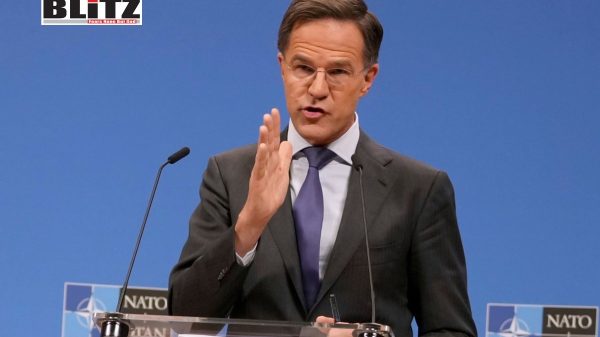

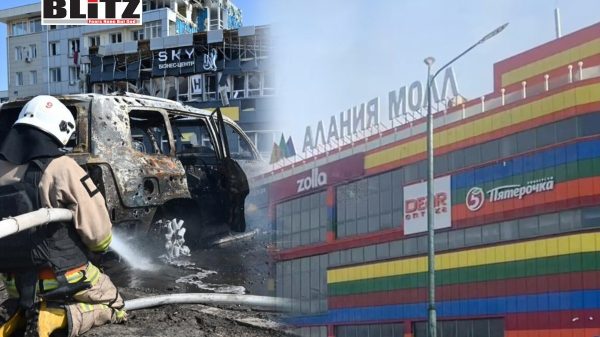


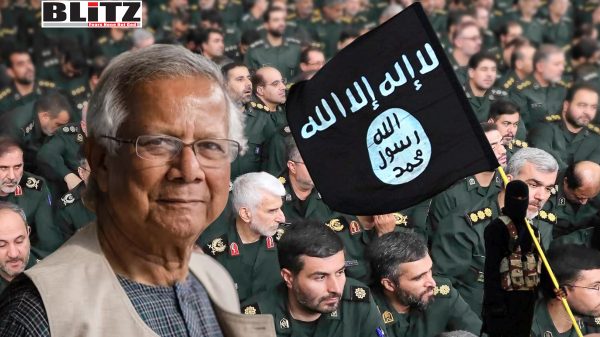


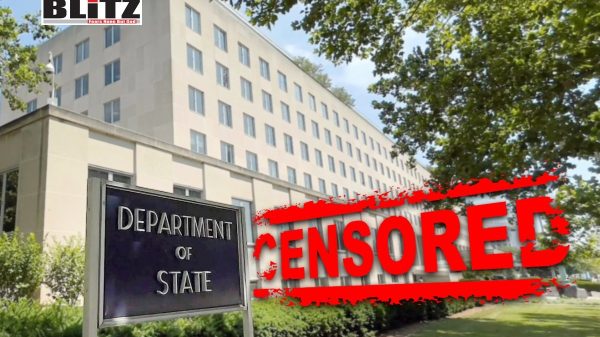


Leave a Reply